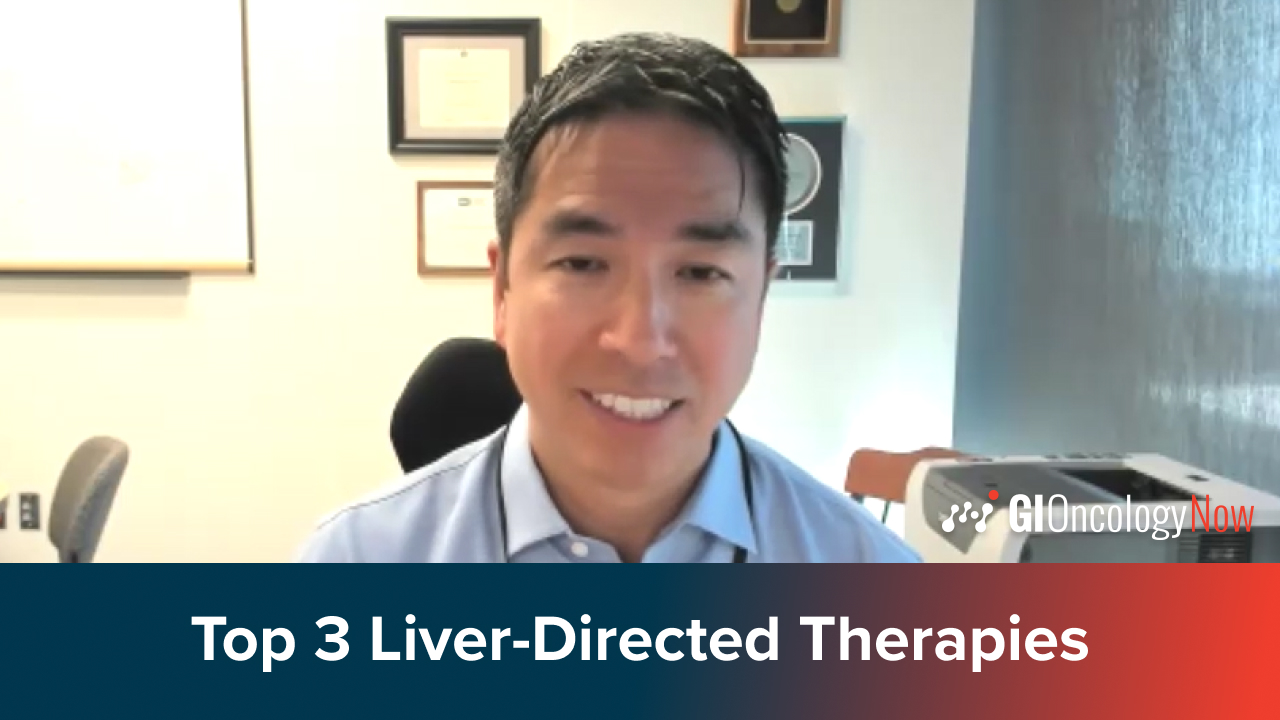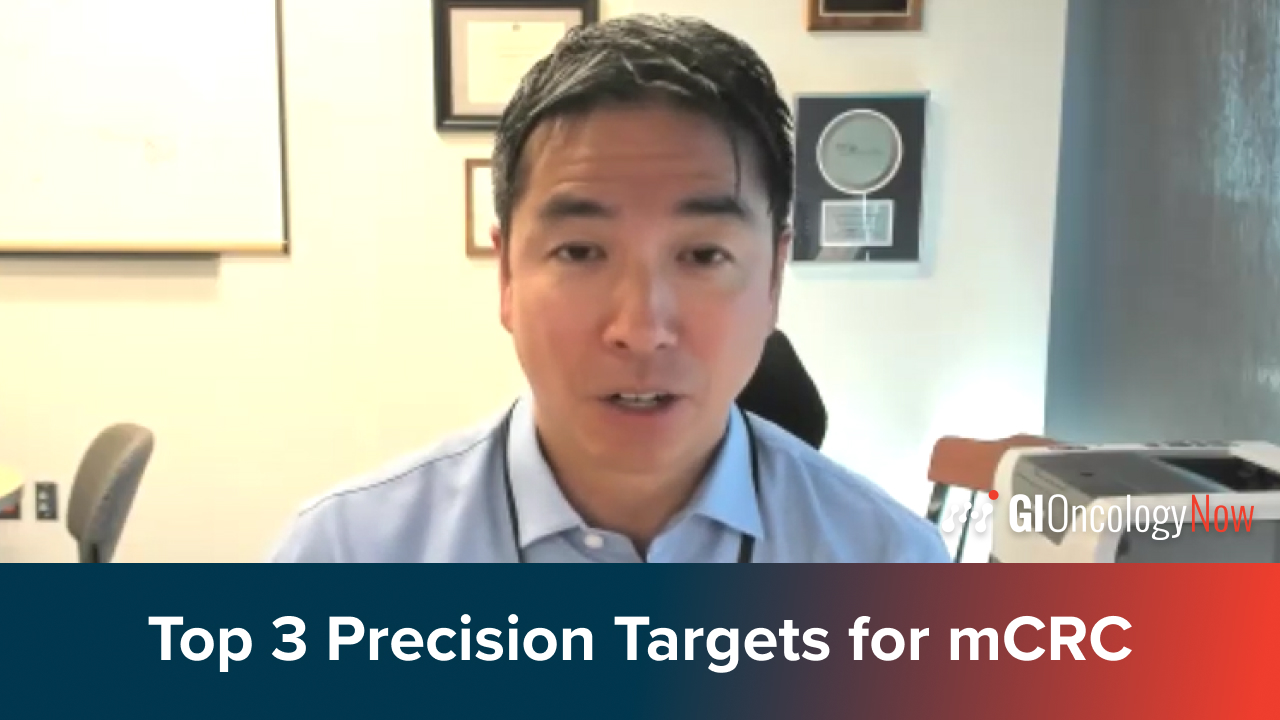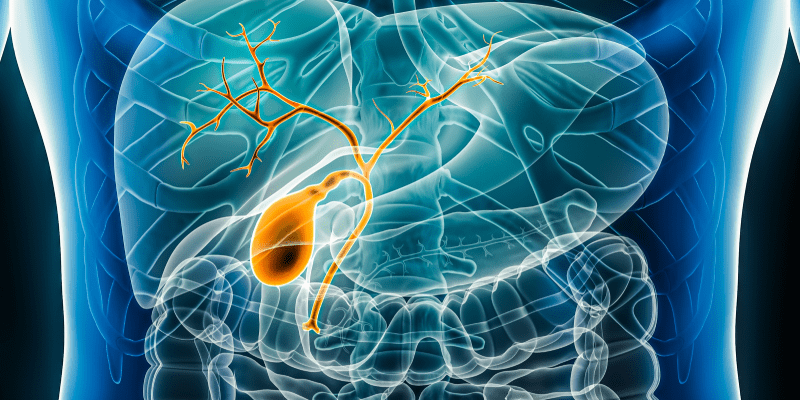
A recent study led by Dr. Amit Mahipal and published in Cancers affirmed the status of lenvatinib as an effective second-line therapy following immunotherapy for patients with hepatocellular carcinoma (HCC).
Researchers noted that the success of atezolizumab plus bevacizumab and tremelimumab plus durvalumab as first-line treatments for HCC called into question the use of lenvatinib following immunotherapy as a first-line option.
Dr. Mahipal and colleagues sought to evaluate the clinical outcomes associated with lenvatinib after immunotherapy treatment.
For the study, they selected 53 patients with advanced HCC who were administered lenvatinib after displaying progression on immunotherapy. Of the patients, 45 (85%) received a Child-Pugh class A diagnosis. Following lenvatinib initiation, 30 (58%) patients remained at Child-Pugh class A.
Investigators prescribed lenvatinib as a second-line treatment for 85% of the participating patients. Before undergoing lenvatinib therapy, 62.3% of patients received atezolizumab plus bevacizumab, 22.6% received nivolumab, and 7.5% received pembrolizumab.
The trial’s primary end points included progression-free survival (PFS) while receiving lenvatinib therapy and overall survival (OS) in patients who demonstrated immunotherapy progression following lenvatinib therapy.
After the first use of lenvatinib, median PFS was 3.7 months (95% CI, 3.2-6.6), while the median OS was 12.8 months (95% CI, 6.7-19.5). For patients with Child-Pugh class A disease, median OS was 14.0 months, while median PFS was 5.2 months.
Using multivariate analysis, researchers found that significant predictors of survival outcomes for patients with HCC who received lenvatinib included race, gender, and Child-Pugh Class. Predictors of PFS included body mass index and distant metastasis.
Researchers concluded that lenvatinib after immunotherapy progression was beneficial for patients with HCC. “The optimal sequencing of therapy for patients with advanced HCC following progression on immunotherapy remains unknown, and these results need to be validated in a clinical trial,” they wrote.







 © 2025 Mashup Media, LLC, a Formedics Property. All Rights Reserved.
© 2025 Mashup Media, LLC, a Formedics Property. All Rights Reserved.